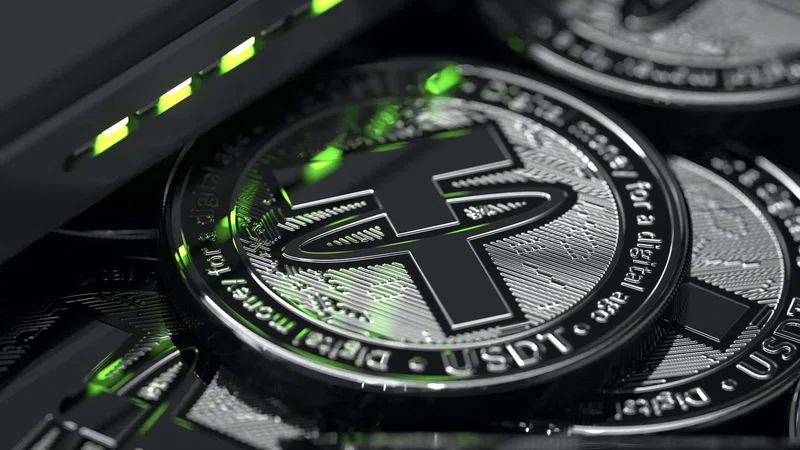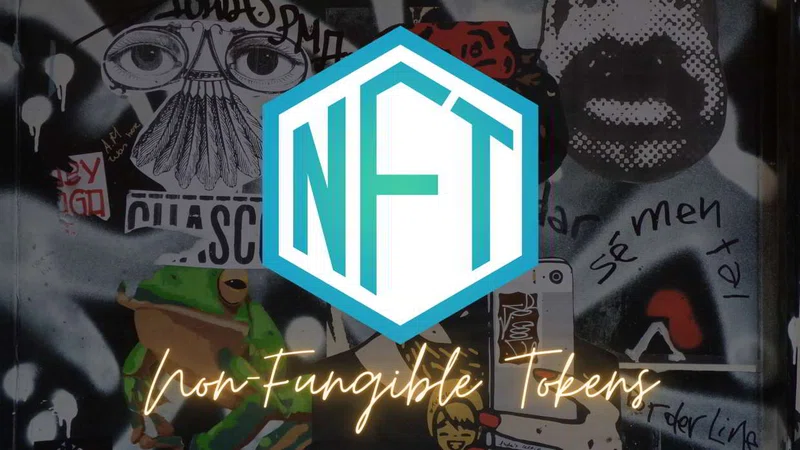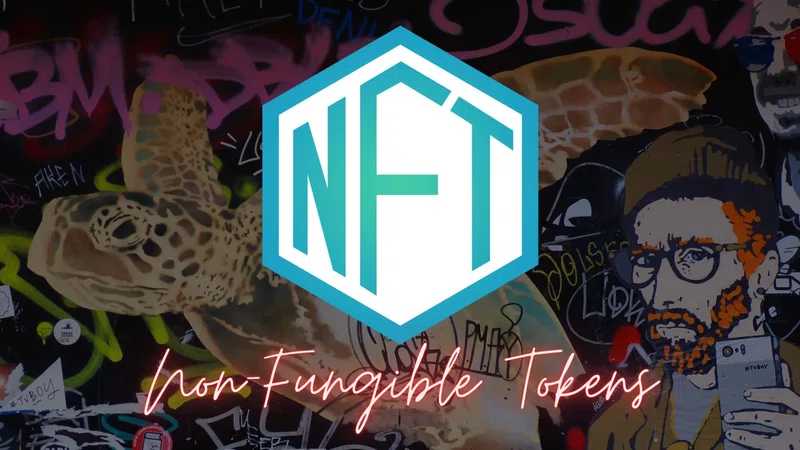Currently, the NFT technology is being used for digital items such as digital arts, virtual goods for metaverse or games, sports collectibles, and even for scientific data, etc. The potential of the technology is far more than that and it can solve some real-world challenges.
(This is the 3rd part of a Series -
Read the Part 1 here https://www.fintechna.com/articles/evaluating-nfts-beyond-the-hype/
Read the Part 2 here https://www.fintechna.com/articles/evaluating-nfts-beyond-the-hype-part-2/
)
Let us try to understand the possibilities Non- Fungible tokens offer
- Ability to create unique, immutable identities with distinguishable parameters on distributed systems.
- Perpetual and immutable self-executing contracts
- Immutable digital footprints on decentralized shared ledger - unique transfer history for each token.
So, the idea behind ERC-721 is that it can be used to represent ownership of something. While the legality of ownership claims using NFT is still obscure, the authors of EIP-721 envisaged that NFTs can be used to represent ownership of physical assets such as houses, virtual collectibles such as digital arts, and even “negative value” assets such as loans, etc.
Depending on how the regulatory environment and technology matures, NFTs may grow beyond digital assets and can be used to track real-world ownership and liabilities.
But, proof of ownership is not the only benefit that NFTs can offer - another major advantage NFTs offer is tracking of ownership changes.
As transactions of NFTs are on blockchains, NFTs leave immutable digital footprints in shared ledgers. The digital footprint is accessible and auditable by anyone. Here is the transaction history for CryptoKitties NFT with Token Id 1762343.

So, let us talk about some potential use cases.
Real Estate
Now, consider the complicated world of real estate mired with frauds and illicit transactions. The real estate industry faces various challenges such as fake ownership, disputed ownership history, reversal of contracts, and deliberate delays of projects, etc. NFTs can make the ownership history openly accessible to anyone increasing trust in the industry.
Another use case of NFT in real estate can be the issuance of NFTs by real estate developers at the time of booking with contractual terms locked in the smart contracts - automating various actions in case of a contract breach.
Fractional Ownership
Recent trends in NFT may lead to a complete reform of fractional ownership. A protocol Fractional allows users to fractionalize NFTs into smaller tokens and use them for multiple purposes including in DeFi platforms. As NFTs can represent real-world assets and liabilities, fractionalization brings exciting opportunities such as fractional ownership of real estate or other physical assets.
Securities
In the long run, NFTs and fractionalization may be used for security issuance. One use case may be for infrastructure project financing or by startups to finance their ventures.
Remember that NFTs can be used to represent ownership of liabilities as well. An interesting use case for NFTs can be tokenizing liabilities such as mortgages and then use DeFi to securitize them to create new asset classes.
Identity Verification
Identity verifications can emerge as possible use cases for NFTs. Passports, Driving Licenses, and tax identities, etc. can be issued as NFTs on blockchains and then accessed decentrally for verification purposes. A move towards this direction came from WISEkey who announced the use of NFTs for digital identity verification of valuable objects and proof of ownership of digital and tangible assets.
Vehicle/ Equipment Registration
Current vehicle and equipment registration processes are heavily reliant on centralized databases. This leads to limited interoperability, limited accessibility, duplications, and fraud. Registration of vehicles and equipment as NFTs may enable universal accessibility and verifiability of the registration from distributed databases. This can also make tracking ownership changes much easier.
There is no doubt that NFTs offer significant potential to drastically disrupt various industries. The major impediment is how regulators react to the adoption of NFTs and how effectively the NFT ventures can accommodate existing regulations in their systems.











